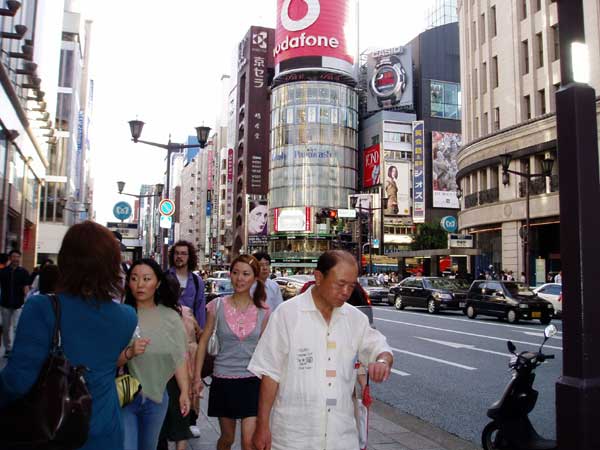Cool currency lures Chinese tourists
 |
|
Chinese tourists like buying household appliances, health aids and cosmetics in that country. Xiao Yang / China Daily |
Japan's currency dropped 20 percent against the yuan in 2013, and fell between 10 and 12 percent last year, she explains. So traveling to Japan is about 20 to 30 percent cheaper now. The difference makes visits to Japan even more economical than some domestic destinations, National Public Opinion Poll chief analyst Liu Zhiming says.
Shopping has long remained a draw for Chinese. "They not only buy household appliances but also health aids and cosmetics," he says. Chinese travel to Japan has evolved beyond just sightseeing to include a whole host of leisurely activities.
There are many family-friendly sites, such as Osaka's Universal Studios, ski slopes and the cherry blossoms, Liu says. Japan also recently built large-scale shopping outlets that lure Chinese customers.
Last year, the country extended the classification of duty-free products from durable consumer goods such as electric appliances to ordinary items such as food and cosmetics.
Visitors are exempted from the 8 percent consumption tax at purchase sites, Jiang says. In addition, multiple-entry visas' validity was extended from three to five years on Jan 19.
"Japan has continued to lower the threshold for Chinese tourists over the years," Jiang says.
Chinese previously needed to earn 250,000 yuan annually to apply for visas. But now credit card holders can qualify. The relaxed rules will pave the way for more favorable future policies, says Hideki Ijichi, director of the Japan National Tourism Organization's Beijing office.
Chinese-language services are available once tourists get off the plane and go through customs. And Chinese-language tours are also increasingly available at scenic spots and hotels, Jiang adds.
Even Japanese-appliance store LAOX offers Chinese services. Liu believes the volume of Chinese tourists to Japan will maintain a 30-percent growth this year..
As unexpectedly as the yen's fall led to a surge in Chinese tourism, the economic winds could rush in a very different direction in 2015.
Only time will tell.
Related:














